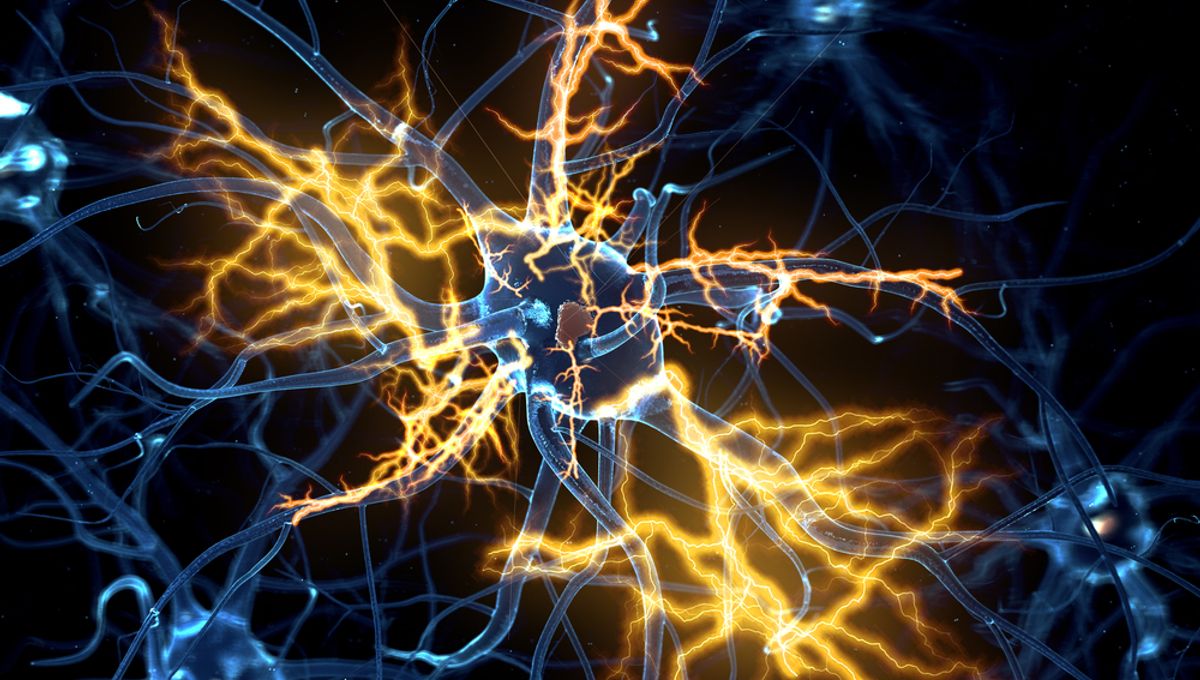
Alarming new research from the University of Queensland has found that SARS-CoV-2, the virus behind COVID-19, activates the same inflammatory processes in the brain as those observed in dementia-related diseases such as Parkinson’s and Alzheimer’s. The findings might serve as a potential risk indicator for neurodegenerative disorders in people who have had COVID-19 but could also help identify a possible treatment option in the future.
Just how COVID-19 influences the brain is yet to be fully described but a new study in Molecular Psychiatry has found evidence that SARS-CoV-2 infection could impact the brain’s immune cells, resulting in the activation of a nasty inflammatory response.
“We studied the effect of the virus on the brain’s immune cells, ‘microglia’ which are the key cells involved in the progression of brain diseases like Parkinson’s and Alzheimer’s,” said study author, Professor Trent Woodruff in a statement. “Our team grew human microglia in the laboratory and infected the cells with SARS-CoV-2, the virus that causes COVID-19.
“We found the cells effectively became ‘angry’, activating the same pathway that Parkinson’s and Alzheimer’s proteins can activate in disease, the inflammasomes.”
This activation then leads to the killing of neuronal brain cells in a chronic and sustained manner over time which can then result in neurological symptoms.
“It’s kind of a silent killer, because you don’t see any outward symptoms for many years,” said Dr Albornoz Balmaceda, one of the co-authors of the study.
“It may explain why some people who’ve had COVID-19 are more vulnerable to developing neurological symptoms similar to Parkinson’s disease.”
COVID-19 has brought with it many unknowns, one being how the disease affects the brain in the long run. What we now refer to as long COVID certainly involves a neurological aspect, with many reports of brain fog, smell and taste difficulties, sleep and mood problems, and fatigue persisting long after initial infections.
The latest study builds on our understanding and suggests that SARS-CoV-2 can directly interact with microglia which, in turn, can activate what researchers call the NLRP3 inflammasome response in the brain. This pathway is commonly activated in patients with neurogenerative diseases and may contribute to the disease state over time.
“So if someone is already pre-disposed to Parkinson’s, having COVID-19 could be like pouring more fuel on that ‘fire’ in the brain,” Woodruff said. “The same would apply for a predisposition for Alzheimer’s and other dementias that have been linked to inflammasomes.”
Interestingly, what the study authors went on to test was if current inflammatory inhibitory drugs that are being tested in clinical trials could be used to block this inflammation caused by COVID-19.
“We found it successfully blocked the inflammatory pathway activated by COVID-19, essentially putting out the fire,” Albornoz Balmaceda said. “The drug reduced inflammation in both COVID-19-infected mice and the microglia cells from humans, suggesting a possible treatment approach to prevent neurodegeneration in the future.”
The authors say that although there are real concerns about the similarity between how COVID-19 and dementia-related diseases affect the brain, the latest findings do offer hope for treatment options in the future.
“Further research is needed, but this is potentially a new approach to treating a virus that could otherwise have untold long-term health ramifications,” Woodruff concluded.
The study findings are published in Nature’s Molecular Psychiatry.
Source Link: COVID-19 Activates Same Brain Inflammation As In Parkinson’s Disease